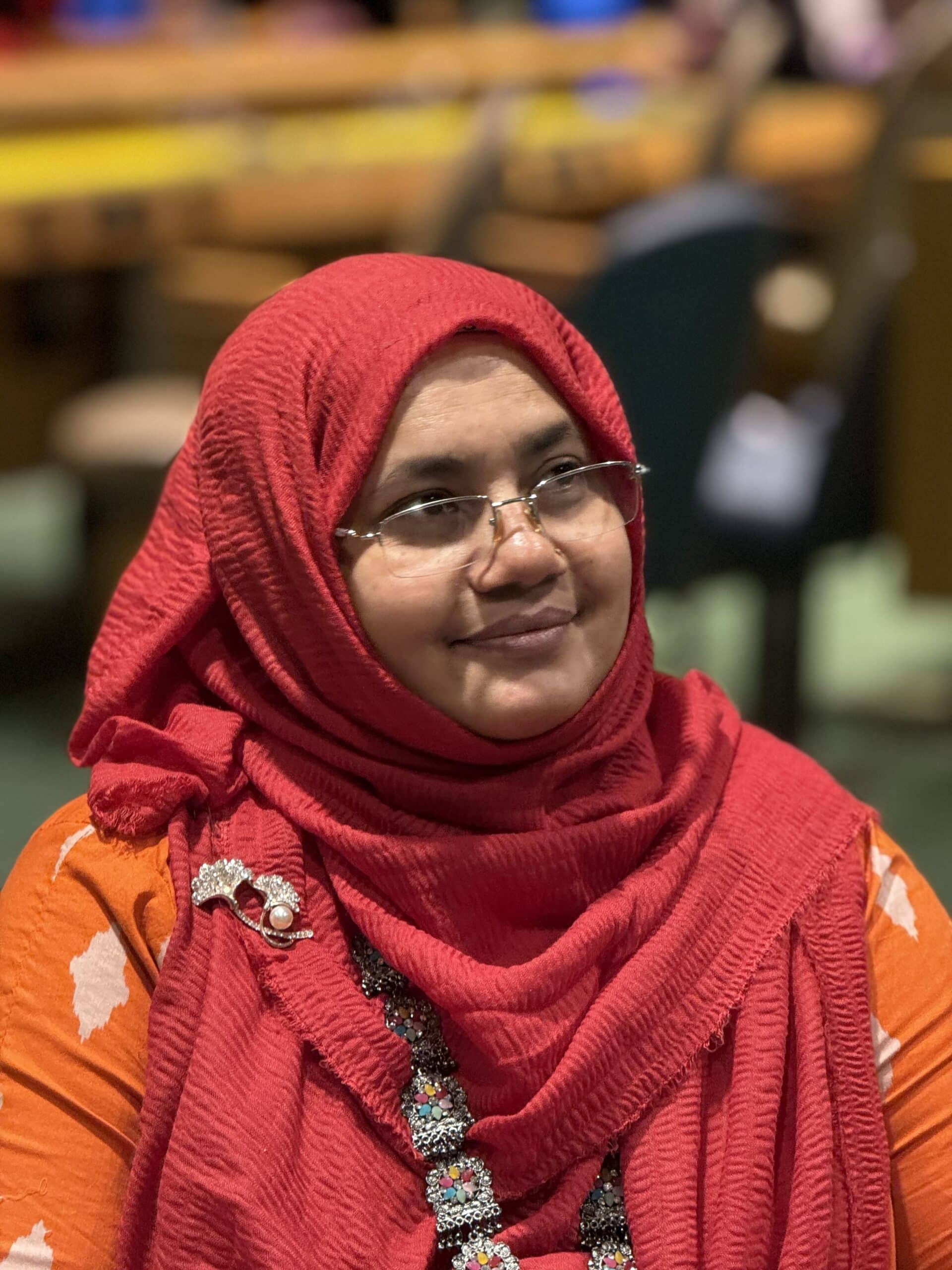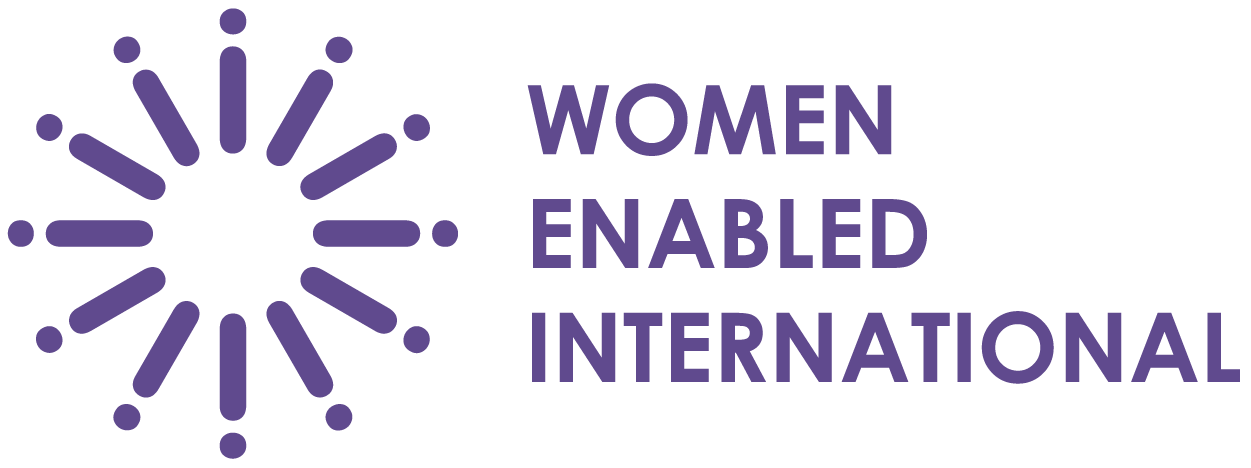Challenges
Your excellencies, States continue to fall short in upholding rights at the intersection of gender and disability. Nearly 20 years since the CRPD, 30 years since the Beijing Platform, and almost 40 years since CEDAW, human rights violations against women, girls, and gender-diverse people with disabilities remain persistent and widespread, and access to justice is limited.

This comes amid a growing global backlash against human rights, gender equality, and racial equality that is impacting persons with disabilities who face multiple and intersecting forms of marginalization – including LGBTQIA+ communities. At the same time, our work as feminist-led organizations of persons with disabilities is increasingly difficult, as funding for that work becomes scarce. Also, we are extremely worried about the security and the most difficult conditions of women and girls with disabilities in Palestine, as well as in many sides of conflict and war worldwide.
Opportunities
Women, girls, and gender-diverse people with disabilities are still largely invisible in policy, funding, and representation in decision-making and meaningful participation, and disproportionately impacted by denial or reduction of legal capacity. This is particularly the case for those with intellectual or psychosocial disabilities, deafblind people, Autistic people, those from Indigenous or minority communities, and LGBTQIA+ communities, developing countries, amongst others. This invisibility has to end.
Thus, we welcome recent efforts to guide States to ensure rights at the intersection of gender, disability, ethnicity, class, age, culture, religion and others. These include
- The CRPD Committee’s upcoming General Comment on the right to participate in political and public life and Guidelines on diverse Women and Girls with Disabilities.
- We also applaud the African Union’s February adoption of a new Convention on Ending Violence Against Women and Girls, a landmark instrument with explicit protections for diverse women and girls with disabilities.
- Likewise, we welcome the CEDAW Committee’s General Recommendation No. 39, which specifically addresses the rights of indigenous women and girls with disabilities to protection from violence, and No. 40, which took a disability inclusive intersectional approach to advancing gender equality in decision-making spaces.
Regarding funding, we echo the Global Disability Summit’s call for 15% of global funding for the 15% of the world’s population of people with disabilities. But let us be clear: this commitment will mean little if the 15% continues to ignore the diversity within our own community. This funding must prioritize the leadership, needs, and rights of those most impacted by the current global context –in particular, people with disabilities who face multiple and intersecting forms of discrimination.
We, as disability rights and justice movement actors, then need to also change our ways of working, to reach across movements and act in solidarity to advance rights for all. This solidarity is particularly needed with those in humanitarian settings, facing war, conflict and genocide, and with those experiencing transphobia, ableism, racism, colonialism, and other systems of oppression.
Call to action
Urgent action is needed to uphold the rights at the intersection of gender and disability, ethnicity, class and age and to resist the global rise of authoritarianism, anti-rights, and anti-gender forces.
- We call on Governments to center gender equality and disability rights in all laws and policies, and fund comprehensive implementation of the CRPD.
- We urge the creation and public reporting of accountability mechanisms including disaggregated data, gender- and disability-responsive budgeting, and meaningful participation benchmarks to ensure States and donors deliver on their commitments.
- We also call on civil society and OPDs to deepen cross-movement collaboration and amplify diverse voices of the most impacted communities.
- Finally, we call on donors and development actors to walk the talk in staffing, design, and funding, while strengthening feminist and disability-led leadership.
Endorsed by
Women Enabled International
Humanity & Inclusion
National Indigenous Disabled Women Association Nepal (NIDWAN)
Asia Pacific Indigenous Women and Girls with Disabilities Network (AIPWDN)
Women with Disabilities Development Foundation (WDDF)
Minority Rights Group
Disabled Women in Africa (DIWA)
International Disability Alliance
International Women’s Action Watch Asia Pacific (IWRAW Asia Pacific)
Institute Black with Disabilities Lives Matter Brazil (Instituto VNDI)
Diverse Empowerment Foundation (DEF, Uganda )
Disability Rights Fund
Nationwide Organization of Visually-Impaired Empowered Ladies (NOVEL) – Philippines
